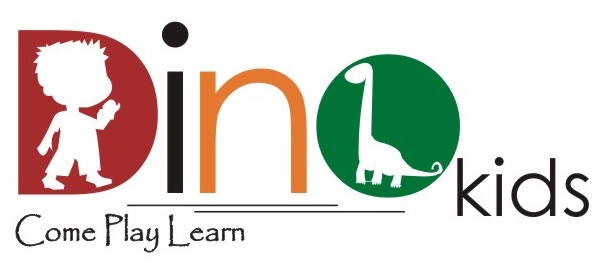Dinokids Play School
Welcomes You!
This happy independent play school and nursery in Saravanampatti, Coimbatore provides education for children aged 2 to 5 years old. Our facilities are excellent, including a large and beautiful garden and bright spacious class rooms. We host play school, pre-school, Lower Kindergarten(LKG) and Upper Kindergarten(UKG).
Our main priority is to establish a secure and happy atmosphere in which young children can flourish, develop and grow.
Days are filled with stimulating activities, and children follow a broad and balanced curriculum. Please come and visit us and experience for yourselves our vibrant atmosphere.
This happy independent play school and nursery in Saravanampatti, Coimbatore provides education for children aged 2 to 5 years old. Our facilities are excellent, including a large and beautiful garden and bright spacious class rooms. We host play school, pre-school, Lower Kindergarten(LKG) and Upper Kindergarten(UKG). Our main priority is to establish a secure and happy atmosphere in which young children can flourish, develop and grow. Days are filled with stimulating activities, and children follow a broad and balanced curriculum. Please come and visit us and experience for yourselves our vibrant atmosphere.
